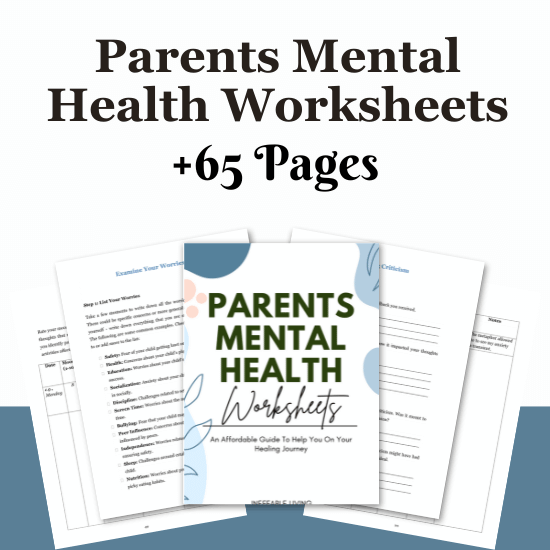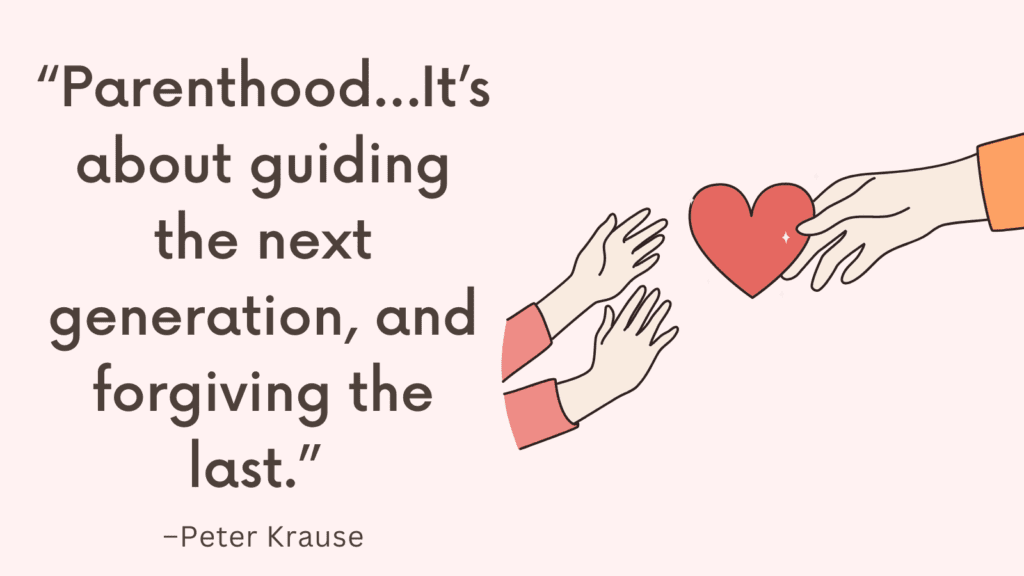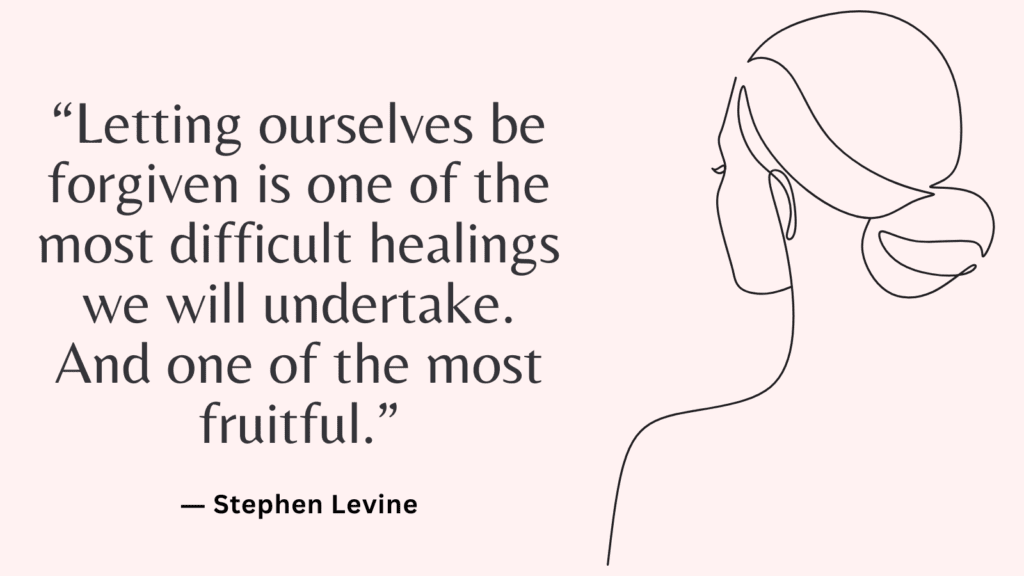In this post, you’re going to learn how to cope with hating being a mom.
I Hate Being A Mom! Is It Normal?
Feeling a sense of dislike or frustration towards motherhood is a valid and complex experience that can occur for various reasons.
It’s important to recognize that these feelings, while challenging, are not uncommon, and many mothers may encounter moments of distress, overwhelm, or ambivalence in their journey through parenthood.
It’s essential to approach these emotions with empathy and understanding rather than judgment.
Here are some considerations for navigating this difficult experience:
1. Social Expectations and Realities
Societal narratives often emphasize the joys and fulfillment of motherhood while downplaying the significant challenges and sacrifices it entails.
The dissonance between these idealized portrayals and the day-to-day realities of parenting can contribute to feelings of disillusionment or inadequacy.
2. Personal Identity and Autonomy
Adjusting to the demands of motherhood can significantly impact a woman’s sense of identity and autonomy.
It’s common to experience a loss of personal freedom, time for self-care, or opportunities for pursuing individual interests, which can lead to feelings of resentment or longing for aspects of life prior to motherhood.
Related: Compassion Fatigue Self Test
3. Unmet Expectations and Pressures
Struggles with unmet expectations, whether related to bonding with a child, managing household responsibilities, or balancing work and family life, can intensify negative emotions towards motherhood.
Perceived societal pressures to excel in every aspect of parenting can exacerbate feelings of failure or dissatisfaction.
4. Postpartum Adjustments
Postpartum experiences, including hormonal fluctuations, sleep deprivation, and physical recovery, can contribute to emotional distress and impact the ability to cope with the demands of parenthood.
It’s crucial to recognize the potential influence of postpartum mood disorders on one’s emotional well-being.
Related: 5 Stages of Compassion Fatigue
5. Relationship Dynamics
The dynamics within a romantic partnership, familial support networks, or co-parenting arrangements can significantly shape the experience of motherhood.
Strained relationships or inadequate support systems may exacerbate feelings of isolation, stress, or resentment.
6. Emotional Well-Being
It’s important to attend to your emotional well-being and seek support if you find yourself experiencing persistent feelings of distress, detachment, or emotional burden.
Addressing mental health concerns is an integral part of nurturing oneself and fostering a healthy environment for both the parent and the child.
Related: Caregiver Burnout vs Compassion Fatigue
How to Cope with Hating Being a Mom?
1. Normalize and Validate Your Feelings
Recognize that it’s normal to experience a range of emotions as a parent, including frustration, resentment, and even dislike towards aspects of motherhood.
Acknowledging and validating these feelings is the first step in addressing them without judgment or guilt.
2. Seek Understanding and Support
Connect with other parents who may have experienced similar emotions.
Sharing experiences and seeking understanding from others who can relate to your struggles can provide a sense of validation and reduce feelings of isolation.
Related: Caregiver Burnout Quiz
3. Prioritize Self-Care
Carve out time for self-care, even in small increments.
Engaging in activities that bring you joy, relaxation, and a sense of fulfillment can help replenish your emotional reserves and prevent burnout.
4. Establish Boundaries
Set and communicate clear boundaries with regard to personal time, household responsibilities, and the support you need from your partner, family, or friends.
Clearly expressing your needs can help alleviate feelings of overwhelm and resentment.
Related: +100 Examples of Boundary Violations & How to Deal With It
5. Cultivate Self-Compassion
Practice self-compassion by treating yourself with kindness and understanding.
Be gentle with yourself and acknowledge that struggling with motherhood does not diminish your worth as an individual.
6. Address Mental Health Concerns
If negative emotions towards motherhood persist and significantly impact your daily functioning, consider seeking professional support from a mental health provider.
Addressing potential underlying issues, such as postpartum depression or anxiety, is essential for your well-being.
7. Challenge Unrealistic Expectations
Reflect on societal and personal expectations surrounding motherhood.
Challenge idealized narratives and recognize that it’s normal to encounter challenges and mixed emotions in the journey of parenting.
Acknowledge that societal narratives often idealize and romanticize motherhood, emphasizing a narrow spectrum of positive experiences while downplaying the complex realities and challenges that parents may encounter.
Seek out diverse and authentic narratives of motherhood that encompass a range of experiences, emotions, and challenges. Hearing a variety of voices and stories can help broaden your understanding of the diverse realities of parenting.
Related: What Causes Cognitive Distortions? (+Top 10 Common Cognitive Distortions & How To Challenge Them)
8. Reflect on Personal Values
Reflect on your personal values, priorities, and aspirations as a parent.
Consider how these align with or differ from societal expectations, and recognize that there is no one-size-fits-all approach to being a “good” mother.
9. Understand Developmental Realities
Educate yourself about child development and the dynamic nature of parenting.
Recognize that children’s behaviors, emotions, and milestones are diverse and not always in line with idealized expectations.
10. Challenge Comparison Mindset
Avoid comparing your parenting journey to idealized or curated images of motherhood presented in social media or popular culture.
Recognize that comparisons can fuel feelings of inadequacy and perpetuate unrealistic standards.
11. Acknowledge Imperfection
Embrace the idea that imperfection and mistakes are inherent parts of parenting.
Recognize that growth and learning occur amidst challenges and setbacks, and that embracing imperfection fosters resilience.
Related: How to Stop “What If” Anxiety Thinking?
12. Seek Supportive Communities
Connect with supportive communities of parents who prioritize honesty, vulnerability, and mutual support.
Building connections with those who share genuine and diverse experiences of parenting can provide valuable perspective and validation.
13. Communicate with Your Partner
Openly discuss your feelings with your partner.
Fostering mutual understanding and cooperation in navigating the demands of parenthood can alleviate emotional burdens and strengthen your support system.
Related: Letting Go of Perfectionism: Best 20 Tips
14. Seek Moments of Gratitude
Cultivate a practice of gratitude by acknowledging and appreciating positive aspects of your parenting journey.
Focusing on moments of joy and connection can help shift your perspective.
15. Explore Parenting Resources
Consider exploring parenting resources, books, or workshops that focus on navigating complex emotions and developing effective coping strategies as a parent.

Conclusion
It’s important to remember that coping with negative emotions towards motherhood is a process that takes time, patience, and self-compassion.
By actively addressing and seeking support for these emotions, you can gradually nurture a healthier and more balanced approach to parenting while prioritizing your own well-being.



